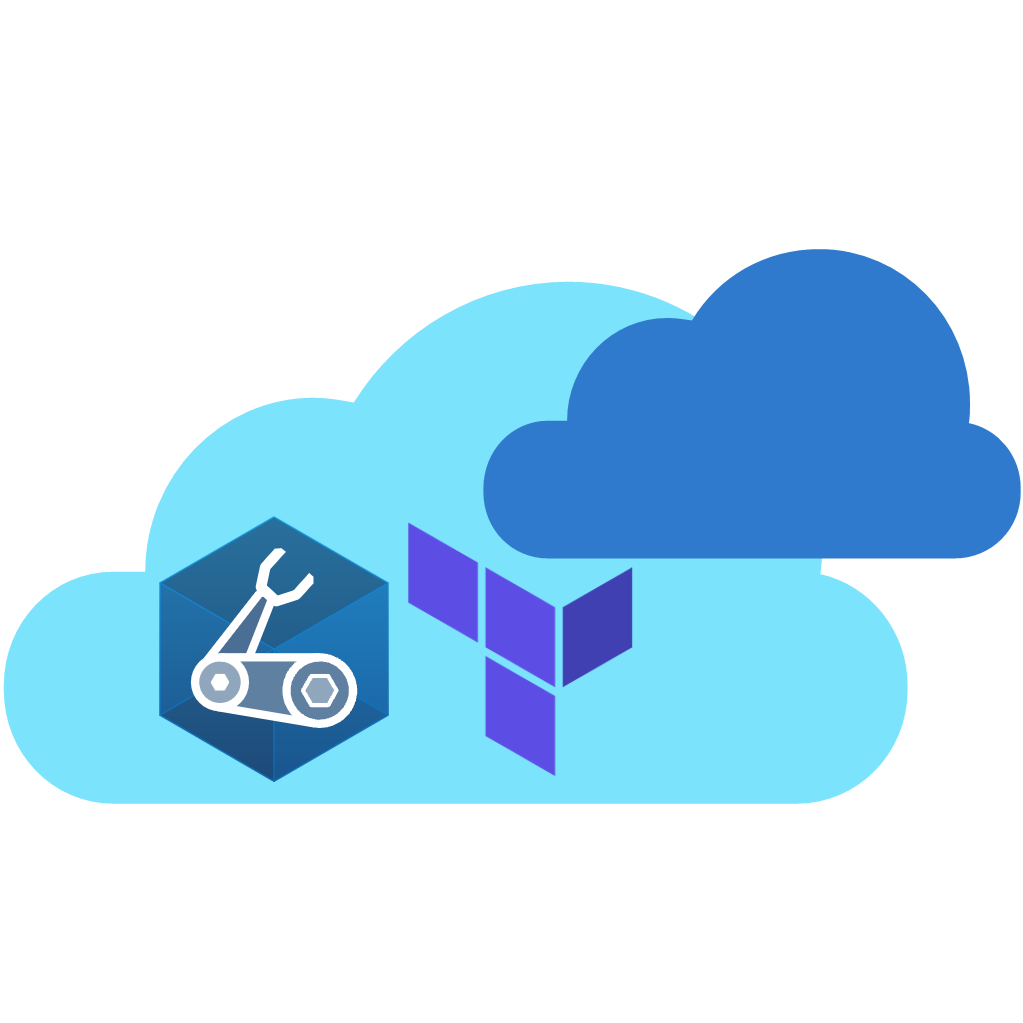SNFR12 - Versions Supported
Only the latest released version of a module MUST be supported.
For example, if an AVM Resource Module is used in an AVM Pattern Module that was working but now is not. The first step by the AVM Pattern Module owner should be to upgrade to the latest version of the AVM Resource Module test and then if not fixed, troubleshoot and fix forward from the that latest version of the AVM Resource Module onwards.
